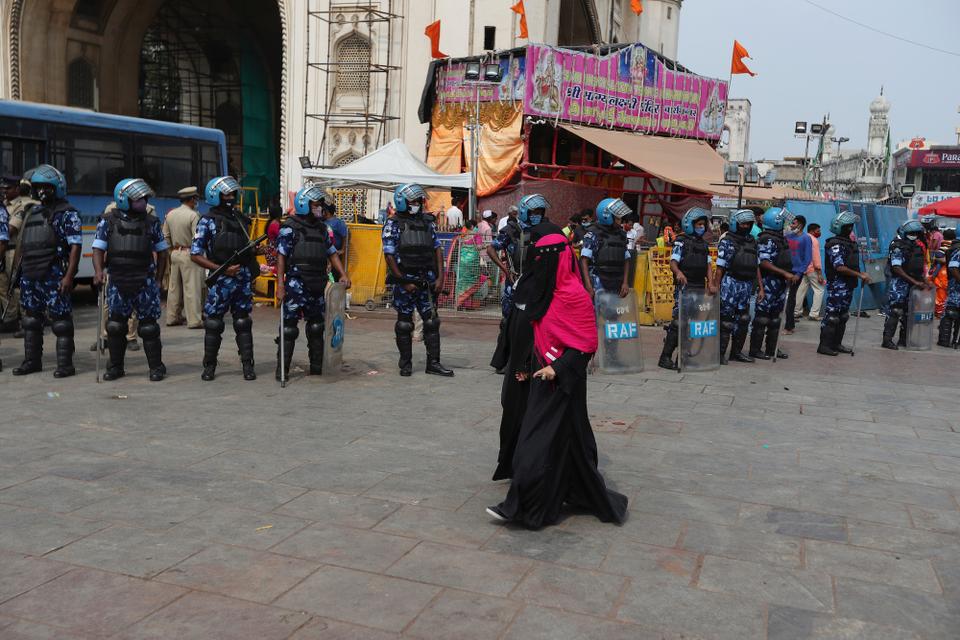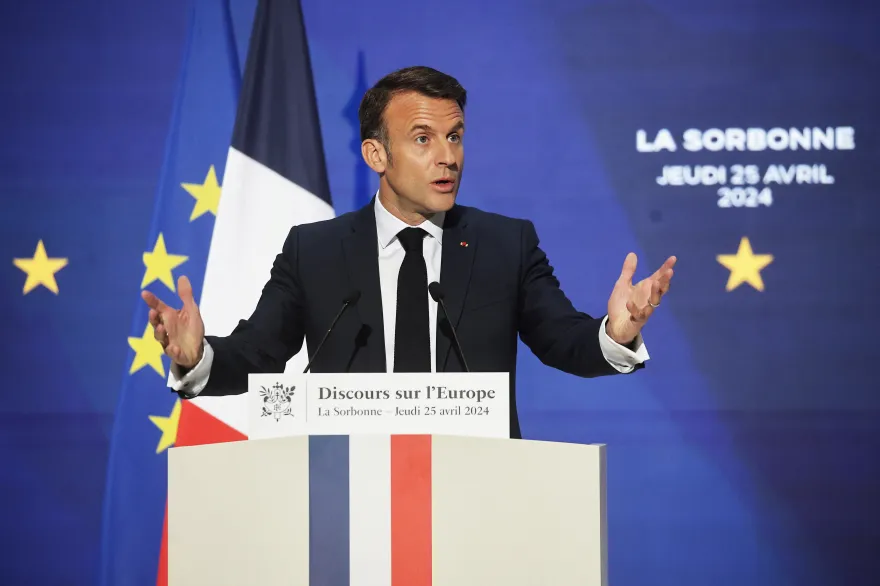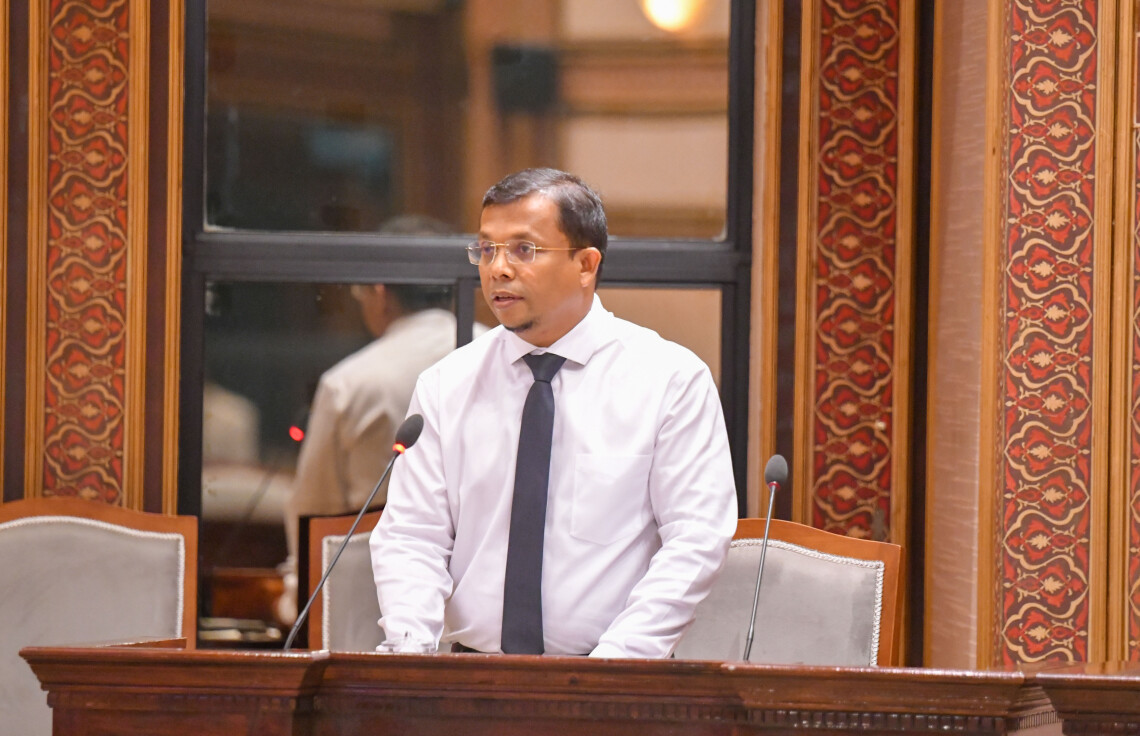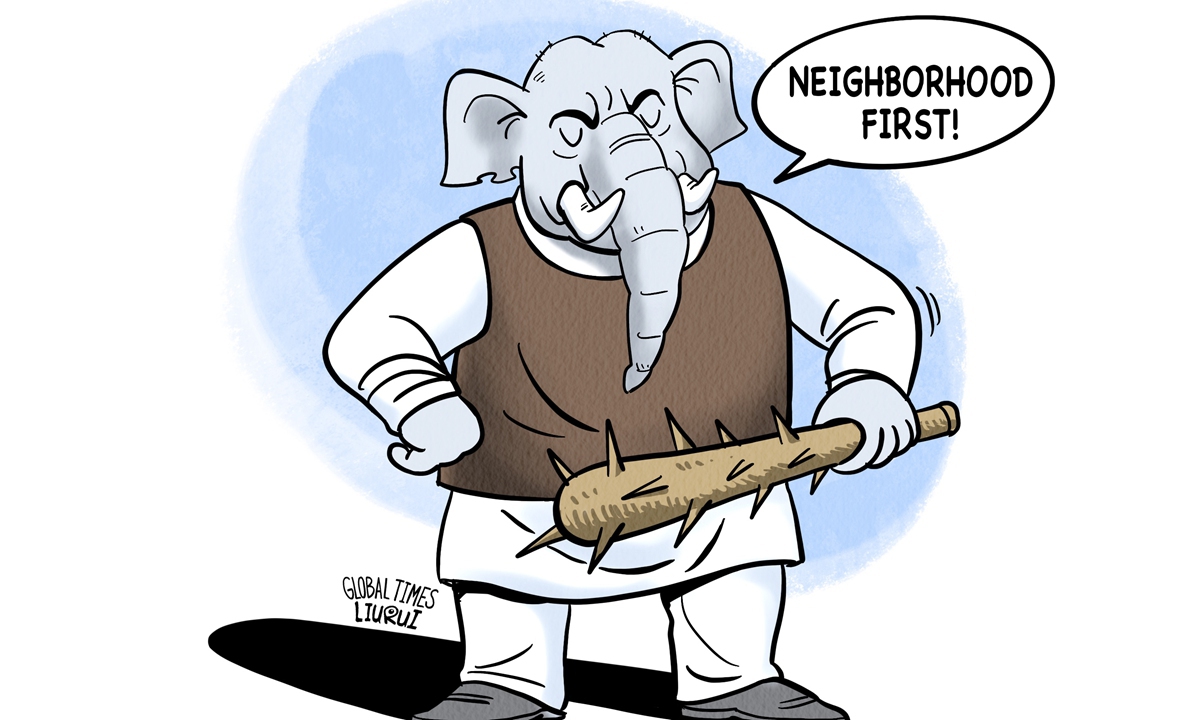Irony seems to be dying a thousand deaths, every day, in India today. The very day an elated Prime Minister Narendra Modi put his signature on the “2022 Resilient Democracies Statement” at the recently concluded G-7 Summit, which promises to guard liberty, independence and diversity of civil society actors while protecting freedom of expression and opinion, both online and offline, his government-controlled police was busy taking journalist Mohammed Zubair into custody on charges of inciting religious disharmony through inflammatory social media posts. Incidentally, Zubair has been leading a praiseworthy effort to combat fake news and disinformation circulating online, often in collaboration with the law enforcement machinery of the State.
Surely, the G-7 hailing all courageous defenders of democratic systems standing up against oppression and violence is a slap in India’s face, having already choked civic spaces for healthy debate. As India’s rank fell eight places to a lowly 150 among 180 countries in this year’s World Press Freedom Index, a concerned non-resident Indian in America, Sarita Pandey, asked the visiting Chief Justice of India NV Ramana, “in what discourse can we converse with the heartless?” Chief Justice Ramana, who started his career as a journalist, had urged all citizens to “work tirelessly for sustaining freedom, liberty and democracy our forefathers fought for” after visiting the famous Independence Hall in Philadelphia last month. “When you were a journalist, were you not, too, trained to follow the time-honoured purpose of journalism: comfort the afflicted, afflict the comfortable?” – Pandey, a digital media professional, asked, even as 22 journalists have been languishing in prison since 2014 and 22 more were killed in the line of duty, mostly reporters and stringers barely able to make enough to survive while practicing their trade in these trying times. More fundamental is the question on how efficient the person entrusted with social media surveillance is in segregating creativity from slang? Is a man, trained in wielding batons truly capable of ascertaining the value of sense of humour – an essential life skill, and the agony hidden inside every word that he sifts through in the digital world? Perhaps, India’s Chief Justice never imagined that his leisure travel will be interrupted by uncomfortable questions that makes him confront hard truths concerning scores of journalists and civil rights activists’ incarceration on trumped up, even planted, charges, while former spokespersons of India’s ruling Bharatiya Janata Party (BJP) cool their heels under State protection in undisclosed locations, despite heaping insult on Prophet Muhammad in public forum. Fortunately, the police in Calcutta, the home city of this journalist, issued a lookout circular on Saturday to bring the perpetrators to justice, sensing a possible attempt to keep them beyond the long arm of the law indefinitely.
CONCERN OVER ANTI-ISLAMIC PREJUDICE
In fact, India’s high ranking constitutional authorities have been bombarded with calls to uphold freedom of dissent – the right to criticize powerful individuals and institutions. Last April, more than one hundred retired civil servants sought Prime Minister Modi’s urgent intervention to put an end to rising anti-minority bigotry in the country, which has been normalized under the Hindu nationalist regime in the last few years. They expressed concern at the relentless targeting of India’s constitutional edifice to destroy its inherent pluralistic character. Pointing toward a frenzy of hate filled destruction, the former members of bureaucracy, which forms the steel frame of governance in India, wrote: “while we are not aware if the current spurt in communal frenzy is coordinated and directed by the political leadership, it is evident that the administration at the State and local levels provide a facilitating environment for mischievous lumpen groups to operate without fear.”
Indeed, a liberal political structure that emphasizes equal rights for all and protects liberties of religion and speech underpins India’s stunning diversity – ethnic, cultural, linguistic and religious. But that core value is enduring repeated assault from the tribe of Hindu nationalists, who believe post-partitioned India did not need a pluralistic polity, and that the State cannot and should not be structured to suit minority interests. Former Indian Foreign Secretary Shyam Saran had forewarned that the intemperate and vulgar attacks against minorities, if gone unchecked, may lead to an irreversible fragmentation and disintegration of the Indian Union.
He refuted the popular notion of aggressive minority bashing being just a political tool, linked to elections. “The assumption, completely mistaken, is that once the electioneering is done, we shall be back to our normal day-to-day living and forget these rantings of persons many still consider to be fringe elements. They are not fringe elements. They are now dangerously close to being the mainstream. They have flourished in a political ecosystem built on the deliberate stoking of both sentiments of victimhood and pride, side by side, among the majority Hindu community,” Saran had prophesized, months before the storm over Prophet Muhammad insults engulfed India and downgraded her global standing as a tolerant country with a legacy of unparalleled societal harmony. As usual, Modi’s stoic silence over his party’s responsible office bearers’ disgraceful behaviour kept the pot boiling and catalyzed spiralling violence which led to ostracization of Muslims further. Moreover, the BJP’s conscious decision to hold back the party President JP Nadda from tendering an apology – instead pushing a non-descript functionary in charge of organization headquarters to the front for weathering this storm – infuriated the citizenry further.
DEEP ROT AFFECTS SOCIETAL PSYCHE
India adopted an egalitarian constitutional framework early, which recognized group-differentiated rights because of the country’s long-standing diversity. Unlike in the Western democracies, rights of immigrants have not been central to debates on pluralism in India generally, as the assorted religious, linguistic and tribal groups are all national minorities in some form or the other and have not been a product of migration essentially. However, the enactment of Hindu nationalist beliefs into law and State policy, accompanied by an incremental surge in incidents of violence, harassment and hate speech by majoritarian vigilante groups against Muslims and other minorities, has put the fragile political consensus in disarray.
Most importantly, the rot is far too deep as continuous exploitation of religious sentiment for accruing electoral dividend has resulted in hatred seeping into the society and eating it through its core. This journalist recollects a former Commissioner of Mumbai Police Julio Ribeiro expressing his dismay after going through the disturbing footage of a girl child targeting Muslim minorities and Kashmiris in a rabidly abusive way through her performance in a cultural event. While it is understandable that the child’s behaviour only reflects prevailing societal norms, as Indians generally crave for that gung-ho, medieval style justice because the soul of India is essentially feudal in character, her inability to imagine a uniformed officer as a distinguished upholder of law is however not a good advertisement for either India’s hallowed pluralism and flourishing democracy or the law-and-order machinery’s functioning as a whole.
To make matters worse, State instruments are being manipulated subtly to advance a self-destructive communal agenda and dismantle the Constitution-approved checks and balances methodically, forcing Rwandan genocide forecaster Dr. Gregory Stanton’s Genocide Watch to raise alarm bells. Amid blatant attempts to resurrect painful wounds of the 1947 partition of Indian subcontinent, the world’s largest democracy is unfortunately shying away from upholding the egalitarian ideals and values that her founding fathers espoused. Today’s India is a theatre of absurd oppression – with Muslims facing the fury of majoritarian jingoism, silently cushioned by the State, which makes them lose shelter, livelihood and even precious lives. As Indian Muslims, pushed to the wall like never before, are left wondering if their lives matter at all, the big question that an awestruck world grapples with is India’s rapid transformation into a quasi-Hindu Rashtra (State) – encouraged by the Supreme Court judgment on Babri Mosque demolition, which legitimized matters of faith over hard evidence in judicial jurisprudence. Will that lead to ghettoization of India’s two hundred plus million Muslims, forcing them to live as second-class citizens henceforth, as the Prime Minister has shown no desire to repair the fault-line by reaching out to the community with an honest apology? The answer lies hidden in the womb of time.

 World7 days ago
World7 days ago
 World6 days ago
World6 days ago
 News5 days ago
News5 days ago
 News5 days ago
News5 days ago
 News6 days ago
News6 days ago
 News5 days ago
News5 days ago
 News4 days ago
News4 days ago
 News6 days ago
News6 days ago
























